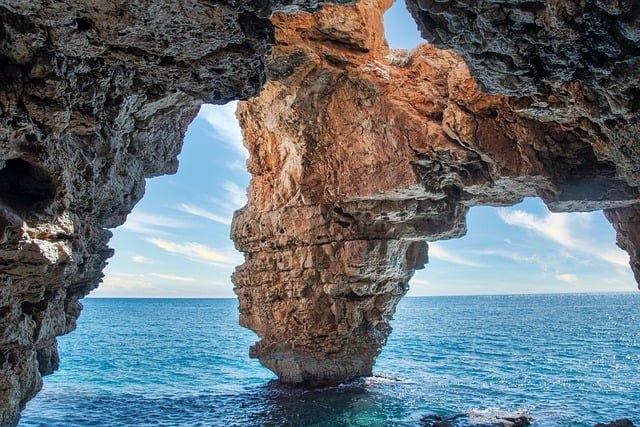Choosing the right wine cooler is essential for any enthusiast looking to preserve their collection’s integrity. This guide delves into the critical factors of temperature stability and humidity control, explaining their profound impact on your wine’s aging process and ultimate taste profile. Understanding these elements is the first step toward achieving perfect cellar conditions at home.
The Critical Role of Temperature Stability
Consistent temperature is the single most important factor in wine storage. Fluctuations cause the liquid to expand and contract within the bottle, which can push the cork out slightly, allowing oxygen to seep in. This oxidation process prematurely ages the wine, leading to a loss of aroma, flavor, and complexity. The ideal storage temperature, as established by organizations like the Office International de la Vigne et du Vin (OIV), is a steady 12°C to 14°C (53°F to 57°F). Investing in a reliable wine cooler is paramount, as its compressor and insulation are specifically designed to maintain this constancy, unlike a standard refrigerator which cycles through temperature swings.
Humidity Control and Its Impact on Preservation
While temperature is paramount, proper humidity levels act as a crucial supporting player. The goal is to maintain a relative humidity of around 60-70%. This range is vital for keeping the cork in optimal condition. If the air is too dry, the cork can shrink and become brittle, creating microscopic channels for air to enter the bottle and spoil the wine. Conversely, excessive humidity can promote mold growth on the cork and labels, which, while not necessarily affecting the wine’s taste, can damage your collection’s value and presentation. Modern wine storage units often feature advanced humidity control systems to create this perfect environment, ensuring your corks remain moist and airtight for decades.
Choosing the Right Cooling Technology
Not all cooling systems are created equal, and your choice significantly impacts the storage environment. There are two primary types: compressor-based and thermoelectric cooling. Compressor coolers are powerful, work well in warmer ambient rooms, and can accommodate larger collections. Thermoelectric models use a different technology that is vibration-free and quieter, a key consideration as vibrations can disturb the sediment in wine and potentially hinder its development. For the serious collector seeking a versatile solution, a premium wine cooler with dual-zone temperature control offers the flexibility to store both reds and whites at their respective ideal serving temperatures.
In summary, proper wine preservation hinges on mastering temperature consistency and humidity control. By understanding the science behind these factors and investing in specialized equipment designed to regulate them, you can faithfully protect your investment. This ensures each bottle reaches its full potential, delivering the intended experience and complexity when you finally decide to uncork it.
